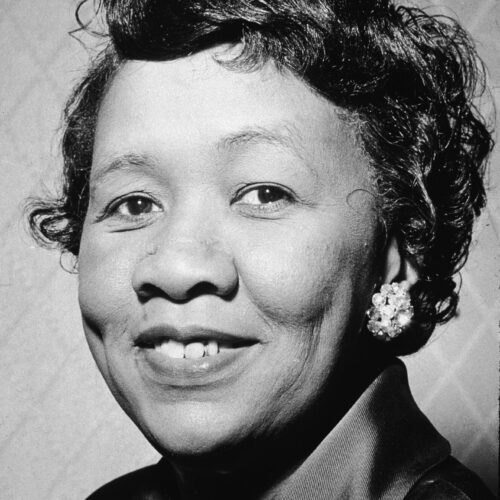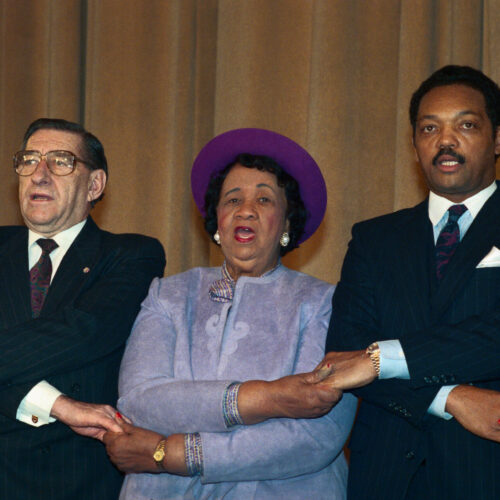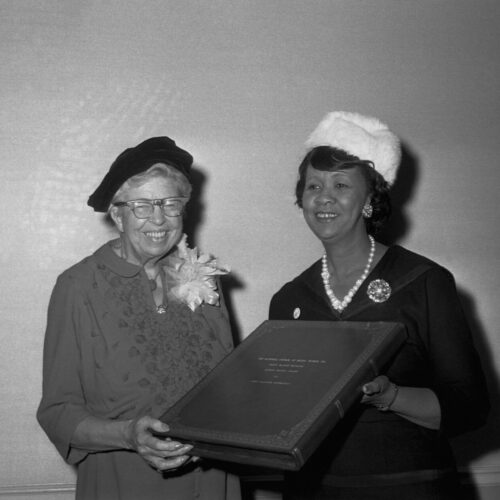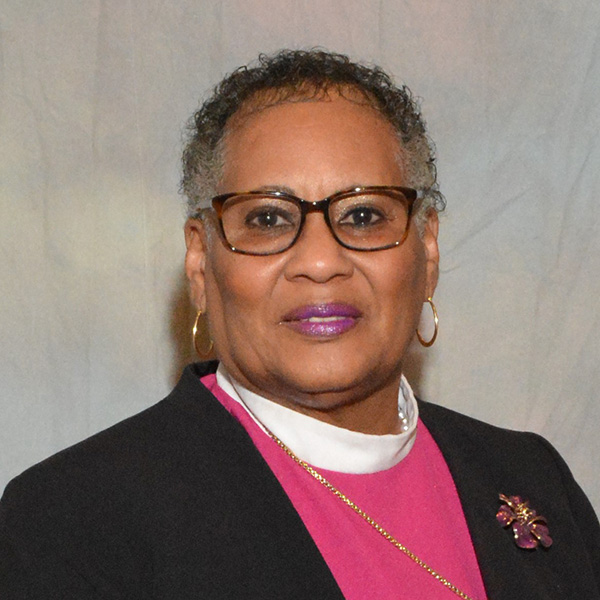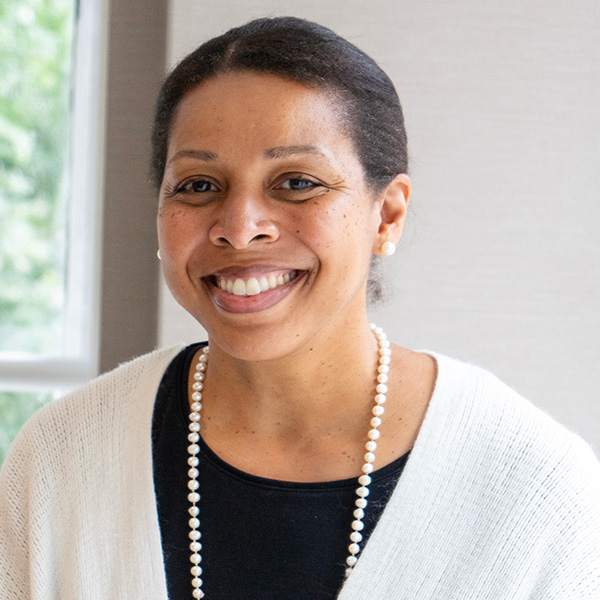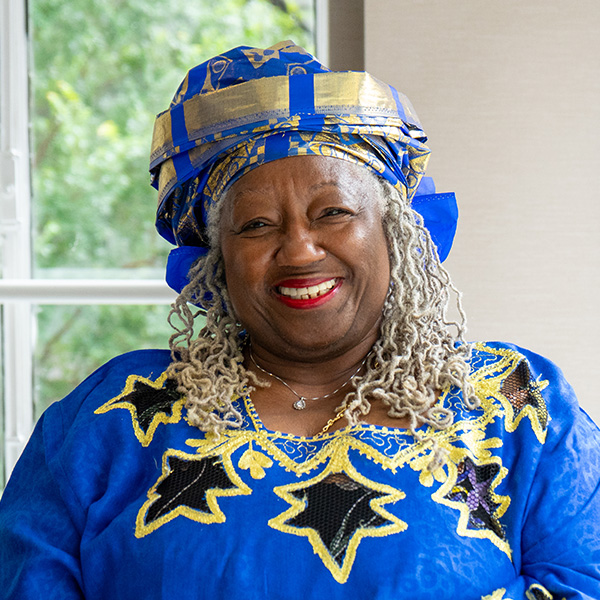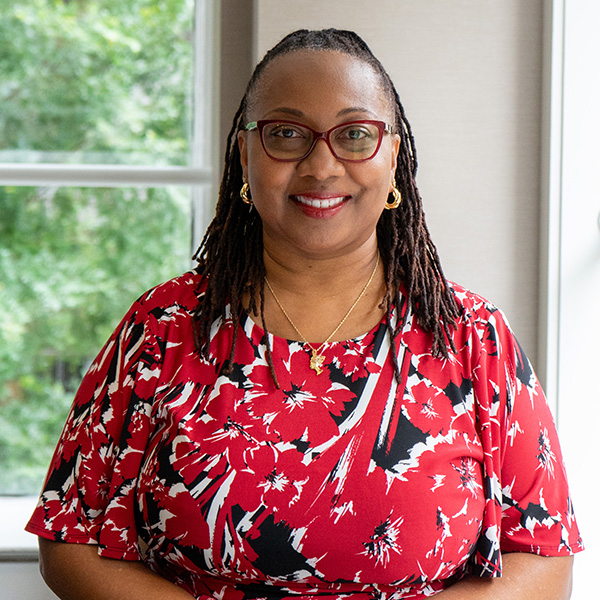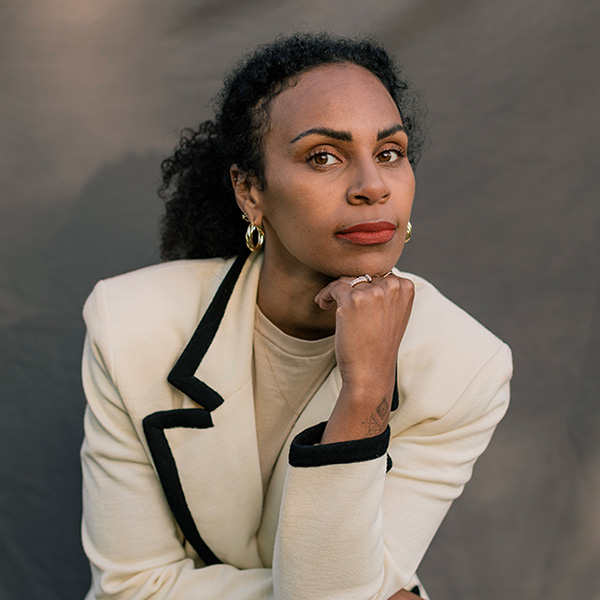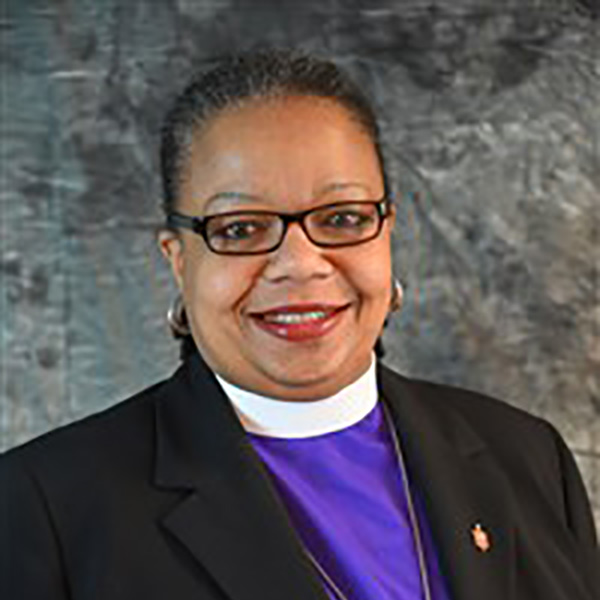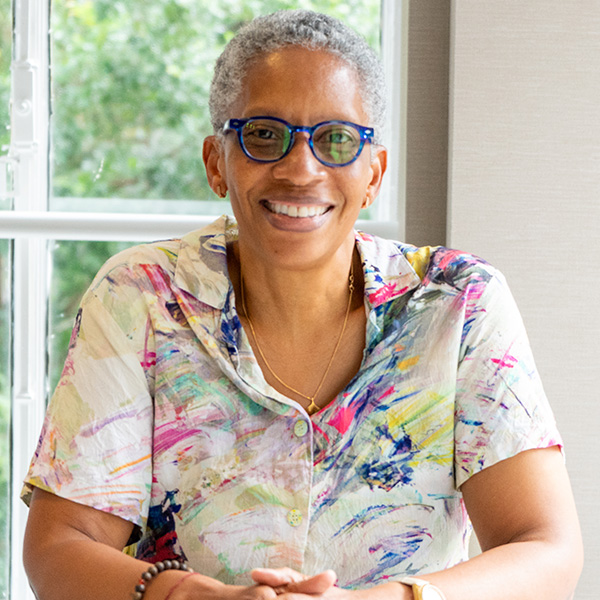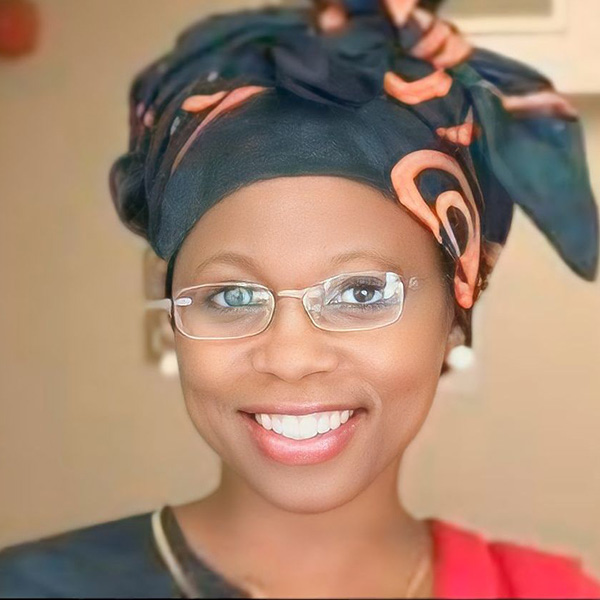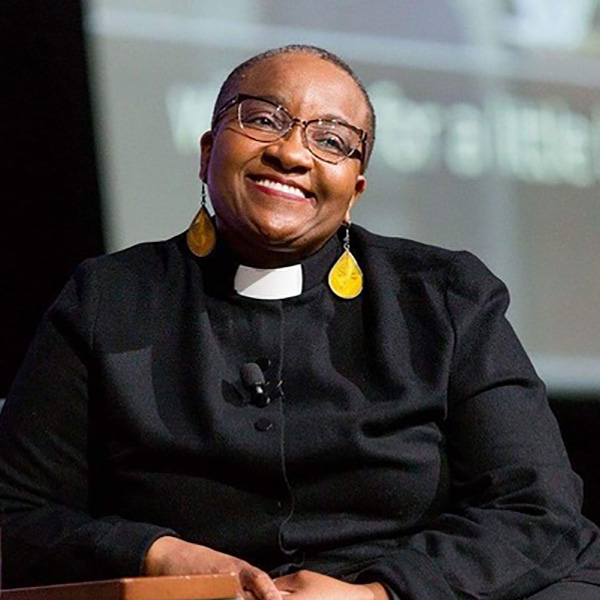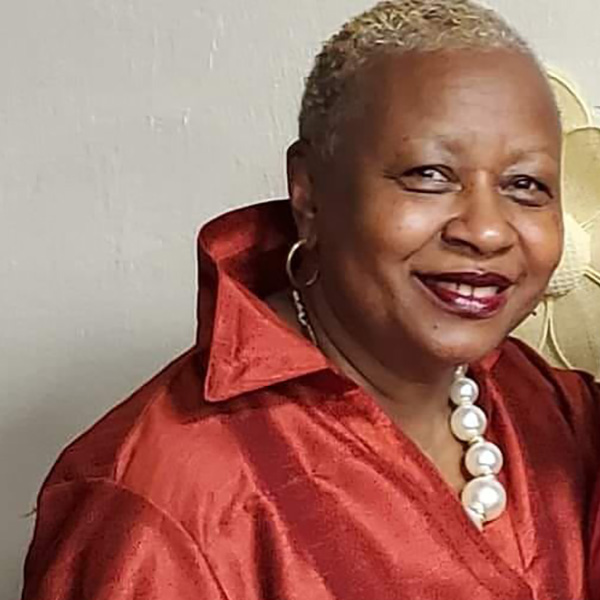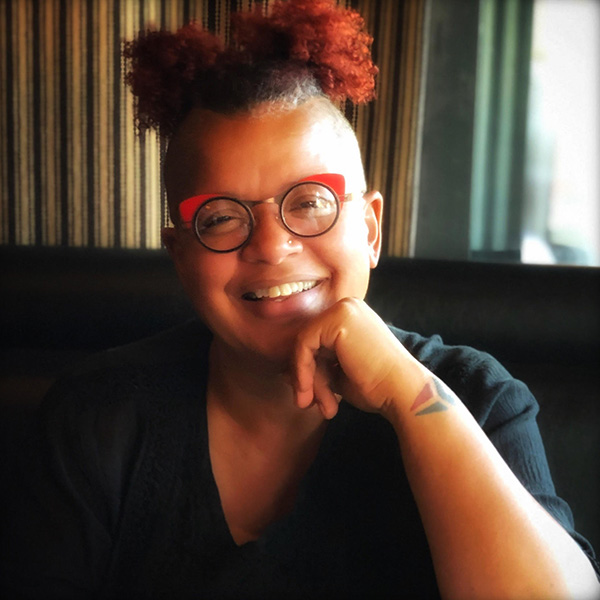Biography
Early Life
Dorothy Height was a political advocate and leader of the National Council of Negro Women. Height’s early life was heavily influenced by her parents, Fannie and James Height, as well as their involvement with the Black church and local social movements.
Height grew up in Rankin, Pennsylvania, where her mother was active in the Pennsylvania Federation of Colored Women’s Clubs. Her father served as a deacon at Emmanuel Baptist Church.
Height embraced her faith by participating in the Young Women’s Christian Association.
An academic achiever, Height earned a Bachelor’s and Master’s degree from New York University in 1933. During her time in New York, Height continued her work with the YWCA. She became involved in many faith-based organizations like the United Christian Youth Movement. She was the President of the New York State Christian Youth Council. Her desire to advocate for social justice made her one of the most recognizable civil rights activists of the 20th century.
In the mid-1930s, Height began working with founder Mary McLeod Bethune in the National Council of Negro Women (NCNW). NCNW was an organization designed to empower Black women politically.
Height’s activism did not remain within the borders of the United States but expanded globally as she advocated for human rights through her participation in international summits including the World Conference of Christian Youth. Her global activism continued to be a part of her leadership and advocacy for the rest of her life.
After becoming a member in 1939, Height was elected the President of Delta Sigma Theta Sorority in 1947 and led the organization for nearly a decade. During her tenure, she oversaw the integration of the first international chapter, which expanded the reach of the historically black sorority. In her autobiography, Height recalled,
“My years of involvement [with Delta Sigma Theta] have afforded me wisdom I would never otherwise possess and given me an even greater thirst for knowledge and for new ventures to be of service to others. The power of sisterhood for African American women is a very strong force indeed.”
Civil Rights Achievements
She transitioned to become the President of the NCNW in 1957, an esteemed position she held until 1998. Height maintained her commitment to collaborating with faith-based organizations, which propelled her to the forefront of the Civil Rights Movement in the 1950s and 1960s. One of her most notable achievements was her integral role in organizing the 1963 March on Washington. She is considered on of the “Big Six” leaders of the Civil Rights Movement.
Height’s religious and social activism has been recognized in a wide variety of awards. Among the prestigious honors are the Franklin Delano Roosevelt Freedom Medal, the NAACP Spingarn Medal, the Olender Foundation’s Generous Heart Award, and the Congressional Gold Medal.
The Young Women’s Christian Association (YWCA) also established the Dorothy I. Height Racial Justice Award to celebrate her life-long commitment to faith-based activism.
When Dorothy Height left the world in the spring of 2010, she left behind the fruits of her labor that continue to support Black women around the world.
